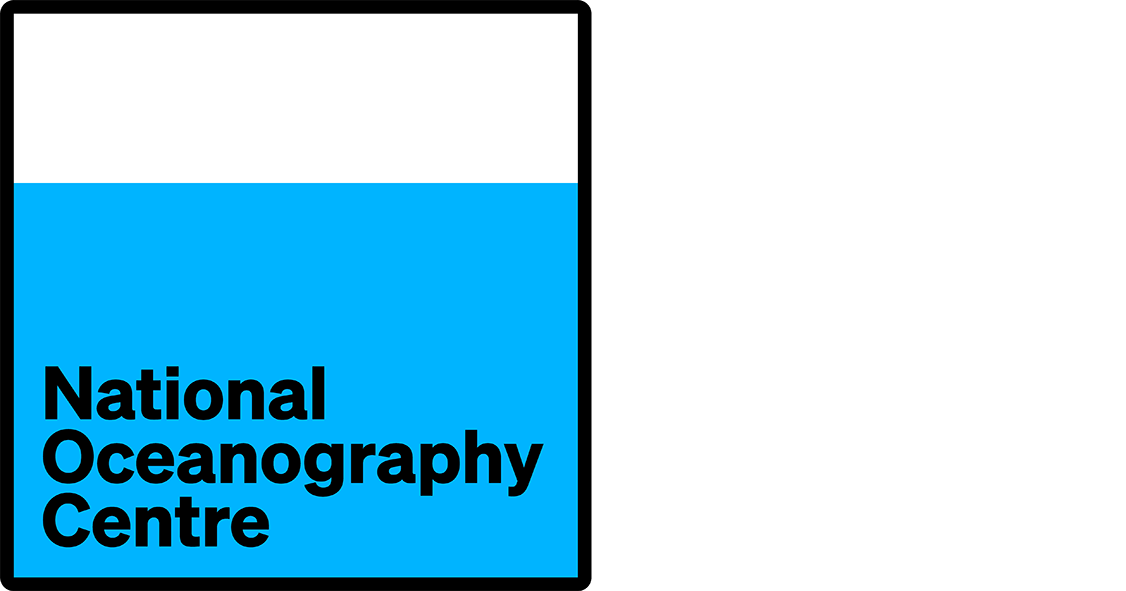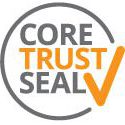- Resources
- Inventories
- Cruise inventory
- Report
- 5663
RV Lough Foyle LFjul91
Cruise summary report
| Cruise Info. | |
| Ship name (ship code) | RV Lough Foyle (74LG) |
| Cruise identifier | LFjul91 |
| Cruise period | 1991-07-22 — 1991-07-25 |
| Status | Completed |
| Port of departure | Belfast, United Kingdom |
| Port of return | Belfast, United Kingdom |
| Purpose | Research |
| Objectives | 1. To investigate the oceanography of the western Irish Sea.
2. To determine the spatial distribution of dissolved inorganic nutrients (ammonia, nitrate, nitrite, phosphate and silicate) and chlorophyll related phytoplankton biomass in the western Irish Sea. 3. To undertake preliminary primary productivity experiments using a standard 14C incubation technique. |
| Chief scientist | Richard Gowen (Department of Agriculture for Northern Ireland) |
| Cruise report | |
| Ocean/sea areas | |
| General | Irish Sea and St. George's Channel |
| Specific | Western Irish Sea and North Channel |
| Track charts | |
| Measurements | |
| Physical oceanography | |
| Water bottle stations | Quantity: number of stations = 4 Description: Water sample for salinity calibration |
| Subsurface temperature and salinity measurements | Quantity: number of stations = 37 Description: The vertical distribution of temperature and salinity was measured at each station using a Hydro-Bios CTD profiling system. |
| Transparency (eg transmissometer) | Quantity: number of stations = 12 Description: Secchi depth determined |
| Biology and fisheries | |
| Primary productivity | Quantity: sample litres = 5 Description: Sample collected from the ships' clean seawater supply and used to estimate primary production in phytoplankton. Water samples (60ml) were inoculated, incubated, fixed with formalin, filtered and stored until further analysis. |
| Phytoplankton pigs (eg chlorophyll, fluorescence) | Quantity: number of deployments = 2 Description: Fluorometer at stations 6 and 14 |
| Phytoplankton pigs (eg chlorophyll, fluorescence) | Quantity: number of stations = 37 Description: Water samples for the measurement of dissolved inorganic nutrients and estimation of phytoplankton biomass (chlorophyll) were collected from depths of 1,5,8,16,25 and 50m (or 10m above the seabed if the depth was less than 50m) at each station. At those stations where the depth of the water exceeded 50m, additional water samples were collected from depths down to approx 10m above the seabed. |
| Zooplankton | Quantity: number of stations = 4 Description: Zooplankton hauls carried out using a Bongo net fitted with a pair of 300 micrometer mesh nets. Samples were fixed in formalin for later analysis |
| Meteorology | |
| Incident radiation | Quantity: number of stations = 2 Description: The attenuation of downwelling photosynthetically active irradiance profiles were determined using a Biospherical Instruments Inc. QSP profiling system fitted with a depth sensor |

